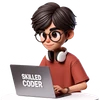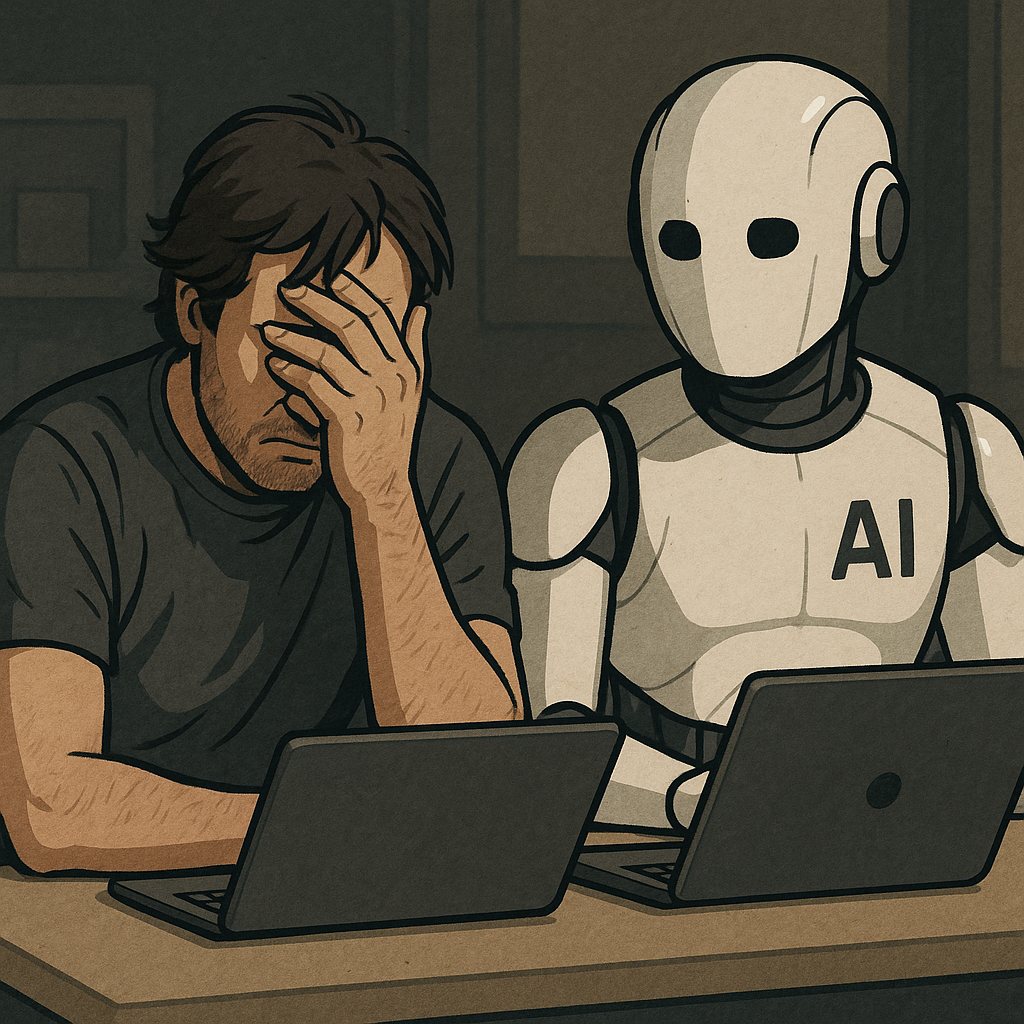The End of Programming as We Knew It
Long Live the AI
Programming has already changed forever and many of you must have realized this by now. Just a few years ago, being a great programmer meant diving deep into problem-solving, obsessing over data structures, algorithms, design patterns, and understanding the internals of programming languages. We took pride in navigating huge codebases, optimizing performance, and designing robust systems capable of scaling to millions of users. But today (or soon)? All of that is rapidly becoming less relevant.
The Shift Is Already Here
If I were entering college today, I wouldn’t learn programming the traditional way. Why spend countless hours mastering complex concepts when tools like ChatGPT (recently Codex), Gemini, Claude (coding agents), Cursor, Windsurf (SWE-1), Copilot etc have demonstrated exponential growth in their capabilities?
The transformation is undeniable - what was impossible last year is common today. These tools don’t just assist - they replace.
These tools aren’t just adding incremental value they’re fundamentally reshaping the engineering workflow. They can instantly generate functional code that implements:
- Complex algorithms, which once took weeks to understand and implement correctly
- Recognize and apply appropriate design patterns without explicit instruction
- Identify subtle bugs in seconds that would take human engineers hours to pinpoint
Engineering Departments Are Being Restructured
The transformation is happening at breakneck speed. Companies are rapidly restructuring entire engineering departments around these tools, creating new roles focused specifically on prompting and AI integration.
- Traditional engineers spend weeks mastering a new framework, AI tools can immediately generate idiomatic code for any framework without prior exposure.
- Senior engineers pride themselves on system design skills refined over years, AI can now generate equivalent architectures by analyzing requirements and constraints.
- Debugging complex issues often takes hours of tracing through code, AI tools can analyze patterns across millions of similar bugs to identify root causes almost instantly.
- Writing maintainable, well-structured code used to be a mark of experience, AI now consistently produces code that scores higher on objective metrics like cyclomatic complexity and maintainability indexes.
My Own Experience
Recently, I created a complex website and a social media automation tool entirely using Cursor - in less than 6 hours.
Previously, similar projects would have easily consumed at least two weeks.
The implementation included authentication systems, complex state management, responsive and beautiful design - components that would have required specialized knowledge across multiple domains.
The code was structured with perfect separation of concerns, with detailed error handling, implemented security best practices that typically take years to fully internalize. It even generated detailed unit test coverage with edge cases I wouldn’t have considered, implemented clean architecture and design principles and structured the codebase with perfect dependency management that would typically require multiple refactoring cycles to achieve.
With nearly a decade of experience in software engineering, I confidently say not many senior engineers could have produced such perfect solutions. Both projects executed perfectly with almost none post-deployment issues.
The Uncomfortable Truth
Here’s the bitter truth: If you’re still clinging to traditional programming skills, hoping they will keep your career secure, you’re operating in denial. The AI evolution isn’t linear - it’s exponential.
Skills considered indispensable just three years ago are rapidly becoming obsolete today.
This isn’t a trend or a phase: it’s a complete paradigm shift. “Adapt or perish” isn’t an exaggeration anymore, it’s your reality. Seems like the traditional software engineer role will rapidly disappear, replaced by engineers who know how to integrate, leverage, and collaborate with AI. Soon, simply writing code without AI tools will be as outdated as handwriting documents instead of typing them.
The Path Forward
If you aren’t mastering AI-driven software engineering today, the bitter truth is this: You’re already obsolete. If you’re entering this field now, focus on understanding how AI tools function and interact. Learn better prompting, AI integration, and the leveraging AI in software development.
Your survival depends on mastering collaboration with AI - not competing against it.

